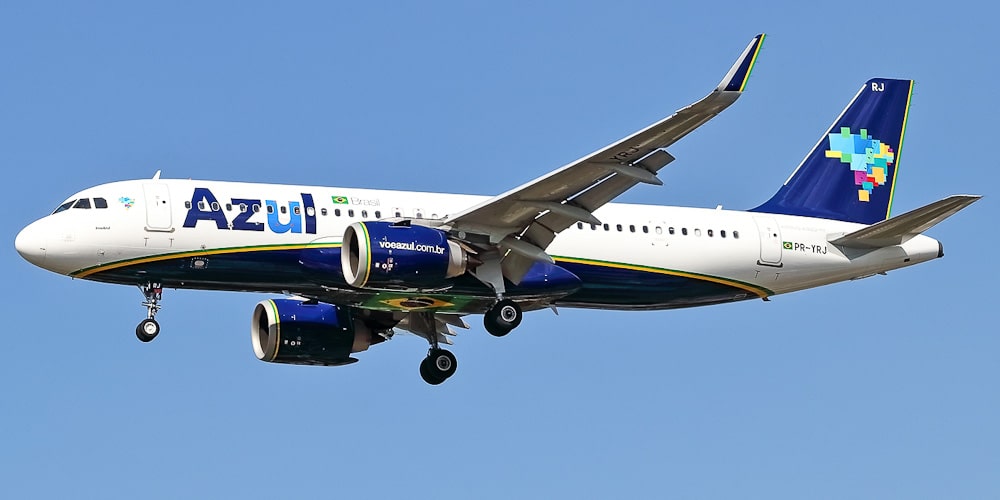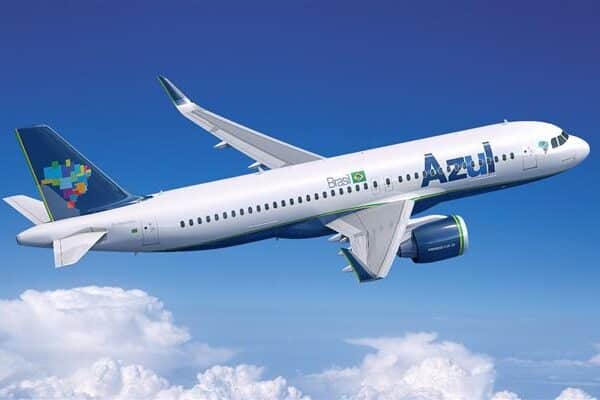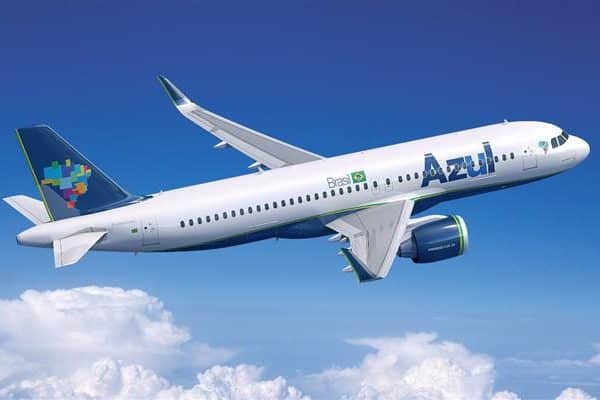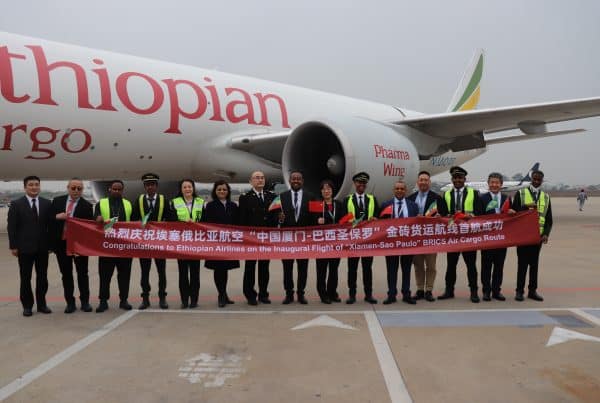Brazilian airline Azul expects to expand its routes by 30% next year, with plans to add new slots at Sao Paulo’s Congonhas airport, one of the busiest in the country, Chief Executive Officer John Rodgerson said.
In an interview on Thursday at the company’s headquarters on the outskirts of Sao Paulo, Rodgerson said Azul currently has only 26 slots in Congonhas. In contrast, its rivals Gol (GOLL4.SA) and LATAM Airlines (LTM.SN) each have around 250.
He referred to the national aviation authority ANAC’s July decision to disperse 86 slots at Congonhas to boost competition, with 45 new spaces and 41 places previously occupied by bankrupt Avianca Brasil, saying that “the new rules are fairer.”
Last month, Bradesco BBI analysts predicted that 84 of the 86 additional slots would be filled by Azul, increasing the airline’s presence in the airport by four times. Beginning in March, Rodgerson anticipates selling tickets for flights departing from the new slots.
He said that the business is primarily concentrated on its domestic operations and anticipates expanding its service area in Brazil from 154 cities to 200 by 2023, with an emphasis on the North, Northeast, and Central-West.
In the coming years, Azul, which has a 164-aircraft fleet and anticipates getting a new Embraer (EMBR3.SA) aircraft every two months, plans to reach the milestone of 1,000 flights per day, up 10% from late 2019, according to its CEO.
Azul revealed a new management structure earlier this week, with Chief Revenue Officer Abhi Shah chosen to serve as the organization’s new president. Rodgerson will receive his report.
According to Rodgerson, the change was made to more closely resemble the administration of major American airlines, allowing the CEO to concentrate on strategy rather than certain day-to-day tasks. Rogerson said the company primarily focuses on domestic operations, with plans to serve 200 cities in 2023, up from the current 154, with destinations in the North, Northeast and Midwest regions.
The CEO of Azul stated that during the next few years, the airline anticipates receiving a fresh Embraer E195-E2 aircraft every two months. One of the largest Embraer fleet orders to date belongs to Azul. The Brazilian airline already operates nine E2 jetliners and anticipates receiving 54 more, according to data provided by ch-aviation.
Future expansion plans for Azul must include the E2. By lowering the number of its E1 aircraft, this plan enables the airline to upgrade its capacity and replace its whole fleet. 50 E-190s are now in service with Azul, some of which have been modified to function as freighters. The Brazilian airline currently operates a fleet of 160 aircraft, one of which is an Airbus A350-900 that was just delivered.




